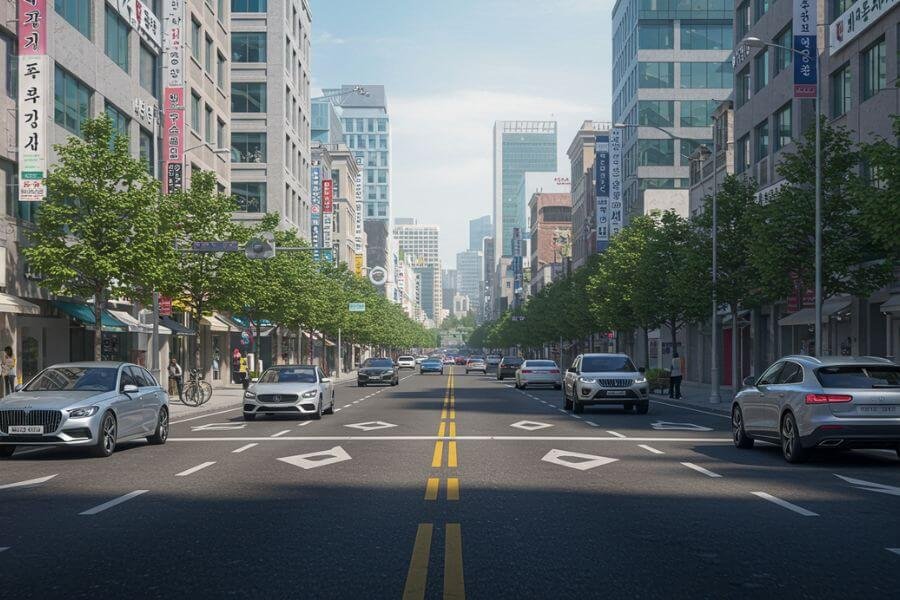South Korea has long been recognized as a global automotive powerhouse, home to some of the most innovative and technologically advanced car manufacturers in the world. In 2025, the country’s automotive market continues to thrive, driven by a strong demand for electric vehicles, cutting-edge tech features, and sleek, futuristic designs. Whether you’re living in South Korea, planning to move there, or simply curious about the market trends, understanding which car brands dominate the streets is essential.
In this article, we’ll explore the ten most popular car brands in South Korea in 2025. From domestic champions to international favorites, these brands are shaping the country’s roads and redefining what modern driving looks like.
1. Hyundai
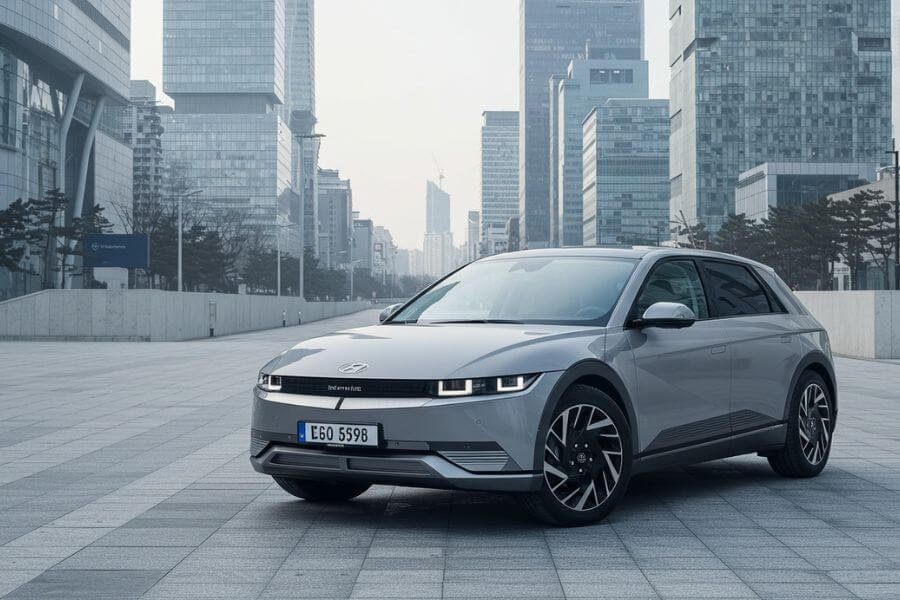
It’s impossible to talk about cars in South Korea without starting with Hyundai. As the nation’s flagship automotive brand, Hyundai continues to dominate the domestic market in 2025, maintaining its reputation for affordability, reliability, and innovation. The company has made significant investments in electric vehicles (EVs), with models like the Ioniq 5 and Ioniq 6 becoming household names.
Hyundai’s strength lies in its ability to balance technology and comfort, offering vehicles that cater to both younger drivers looking for smart connectivity and families seeking spacious interiors. In 2025, the brand is also making headlines for its AI-assisted driving systems and advanced autonomous features, all while keeping prices relatively competitive compared to imported brands.
2. Kia
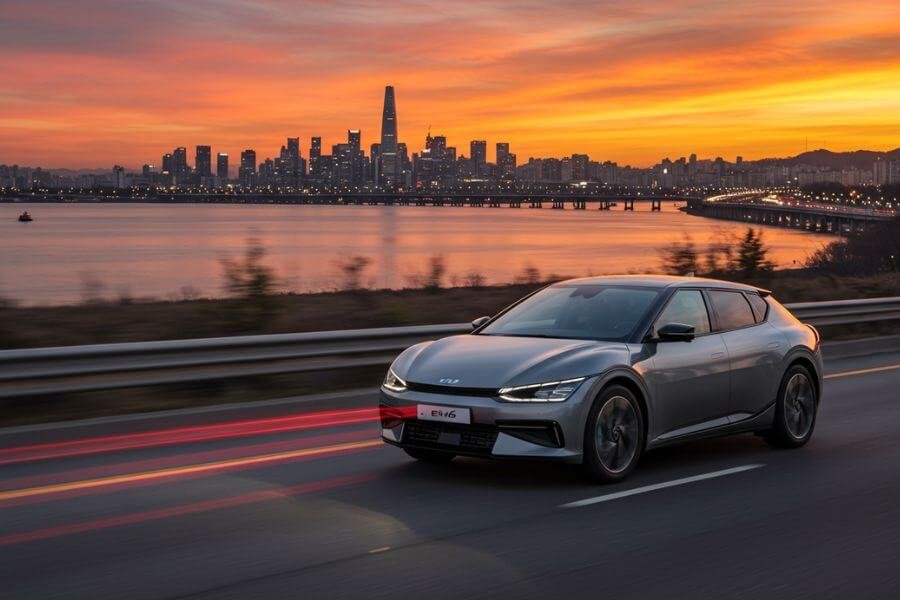
Kia, a sister company to Hyundai under the Hyundai Motor Group, continues to solidify its position as one of the most beloved car brands in South Korea. Over the years, Kia has undergone a transformation, evolving from a budget-friendly choice to a brand associated with bold design and impressive performance.
In 2025, Kia’s EV lineup, especially the EV6 and the newly launched EV9 SUV, is gaining massive traction. Consumers appreciate the combination of futuristic design, impressive range, and sustainable materials used in Kia’s newer models. With a focus on smart mobility and high safety ratings, Kia appeals to environmentally conscious drivers and tech-savvy millennials alike.
3. Genesis
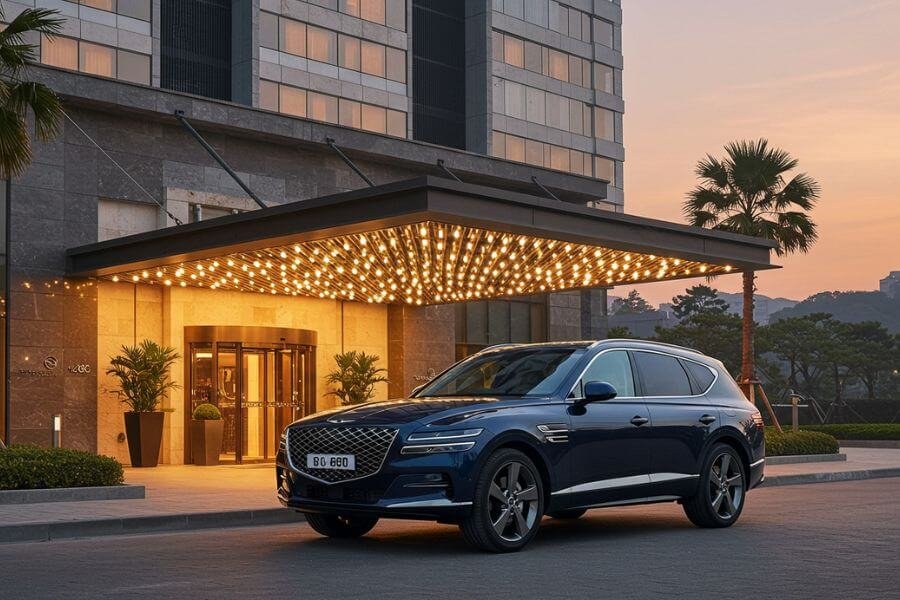
Genesis, Hyundai’s premium luxury division, is steadily growing its market share in South Korea, capturing the attention of professionals and executives seeking luxury with a local identity. The brand has carved out a niche for itself in a segment traditionally dominated by European automakers.
In 2025, Genesis models like the G80 and GV80 are particularly popular, thanks to their elegant design, powerful performance, and an interior that rivals top-tier German competitors. Additionally, the brand’s push into the EV space, with models like the Electrified G80 and the GV60, further strengthens its position among affluent urban consumers who desire both sustainability and status.
Genesis vehicles are often praised for their attention to detail and understated luxury, offering features such as crystal-clear digital instrument clusters, mood lighting, and semi-autonomous driving. As a Korean luxury brand, Genesis also benefits from strong national pride, giving it an edge over foreign brands.
4. Mercedes-Benz
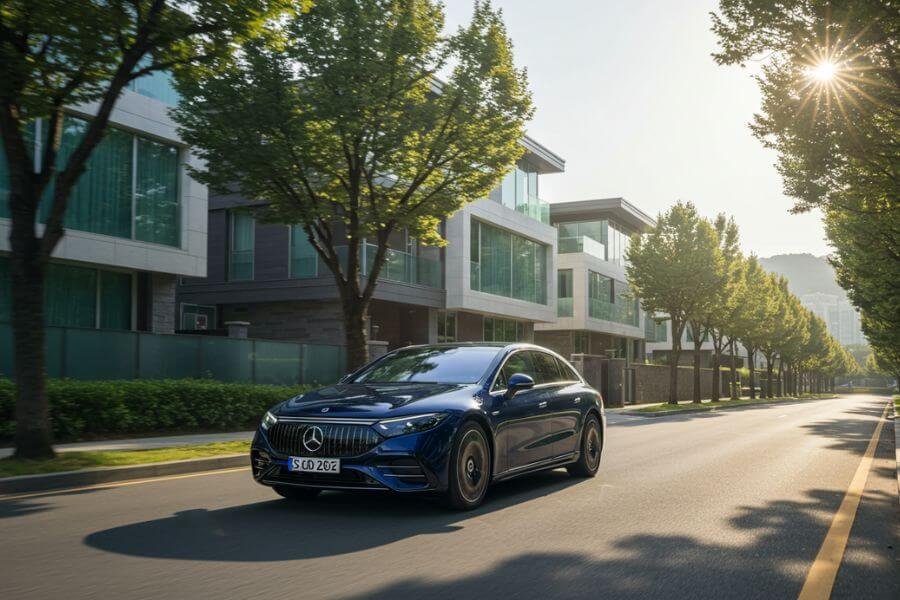
Despite the strong presence of domestic car manufacturers, Mercedes-Benz remains one of the most popular foreign car brands in South Korea. In fact, South Korea is one of the largest markets for Mercedes in Asia. The brand is synonymous with prestige, quality, and high performance, making it the vehicle of choice for CEOs, celebrities, and high-income professionals.
In 2025, the Mercedes-Benz E-Class and S-Class remain in high demand, along with the growing interest in the EQ lineup—Mercedes’ line of electric vehicles. The EQE and EQS sedans are making waves in Seoul and other major cities, offering the luxury and technology expected from the German automaker while aligning with South Korea’s strong push toward electric mobility.
South Koreans who choose Mercedes-Benz often do so not only for the brand cachet but also for the refined driving experience, innovative safety systems, and state-of-the-art interiors.
5. BMW
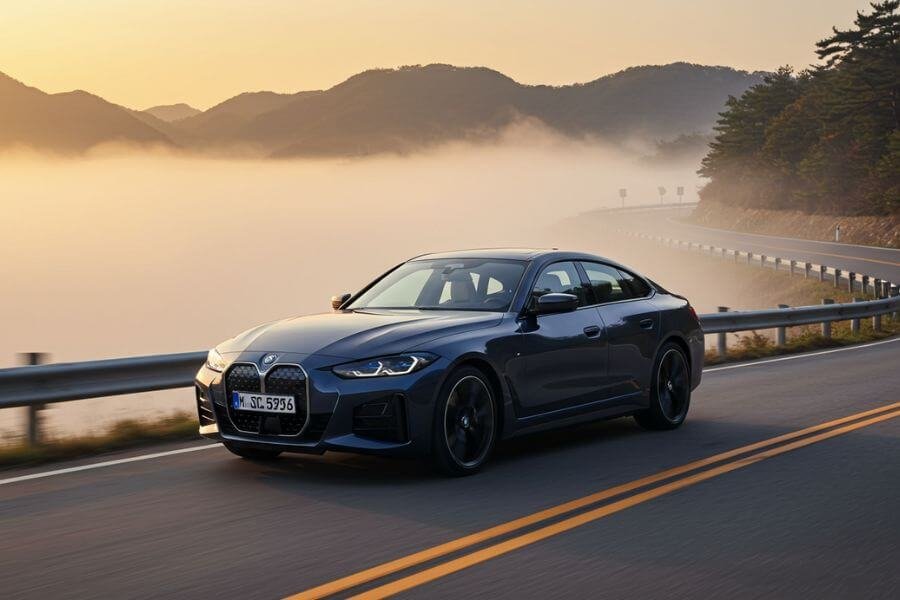
BMW continues to enjoy a significant following in South Korea in 2025, with its reputation for performance and engineering excellence firmly intact. The brand’s popularity cuts across age groups, but it’s especially favored among younger professionals who appreciate a dynamic driving experience.
South Korea’s enthusiasm for innovation aligns well with BMW’s tech-forward approach. The i Series, particularly the i4 and iX models, has found a growing audience among consumers interested in premium EVs. Meanwhile, the traditional 3 Series and 5 Series models continue to sell well due to their timeless design and road-handling prowess.
BMW’s ability to blend performance with cutting-edge technology—such as augmented reality navigation, smart gesture controls, and customizable digital dashboards—helps it maintain a strong presence in the competitive luxury market.
6. Tesla
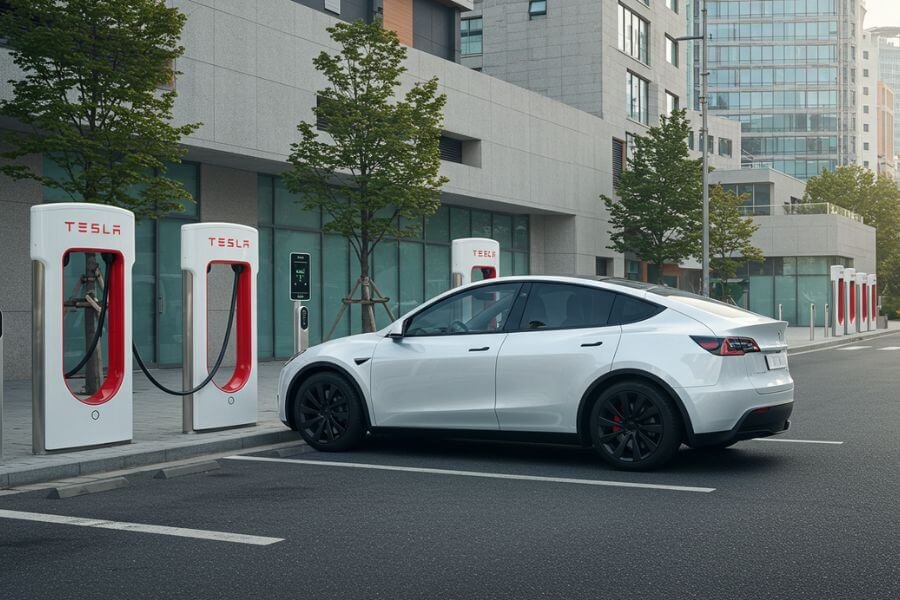
Tesla’s impact on the South Korean auto market has been nothing short of transformative. As of 2025, Tesla continues to ride the wave of EV popularity, particularly among tech-savvy urbanites who value innovation, software-driven features, and brand image.
Models like the Model 3 and Model Y are the most commonly seen Teslas on South Korean roads, thanks to their relatively accessible price points (by premium EV standards) and long-range capabilities. Tesla’s popularity is further amplified by its Supercharger network across the country and frequent over-the-air software updates, which enhance functionality and maintain vehicle value over time.
While Tesla faces growing competition from domestic EVs, especially from Hyundai and Kia, it still commands a unique fanbase that appreciates its minimalist design, high-speed acceleration, and semi-autonomous driving features.
7. Audi
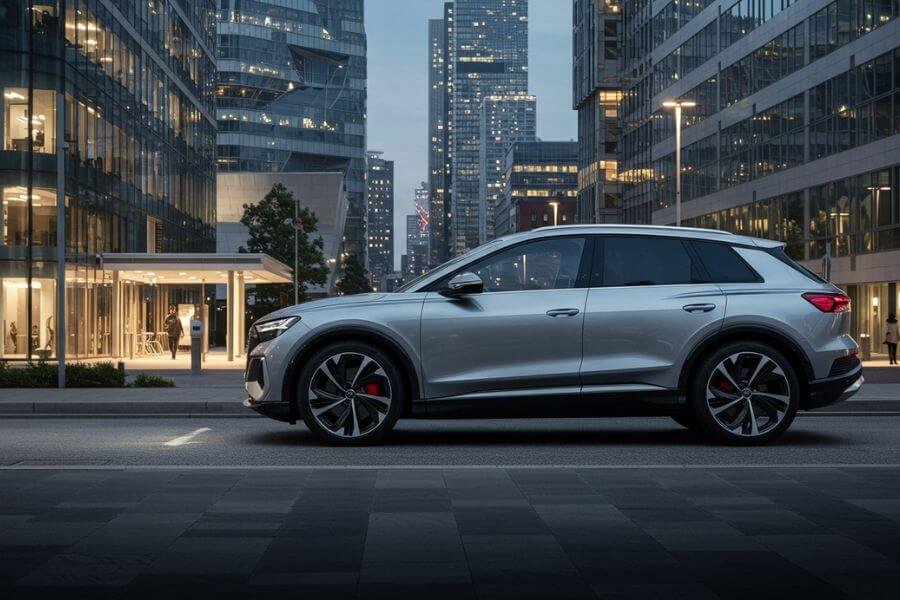
Audi might not always make headlines like Mercedes or BMW, but it has built a strong, loyal customer base in South Korea. In 2025, the brand is appreciated for its balanced blend of luxury, performance, and subtle design aesthetics. Many South Korean drivers are drawn to Audi’s Quattro all-wheel-drive system, which is particularly handy during the country’s cold winters and mountainous terrains.
Audi’s electric offerings, such as the e-tron and Q4 e-tron, are growing in popularity among those looking for a stylish yet sustainable choice. Audi’s interiors are consistently praised for their ergonomics and user-friendly interfaces, making them a favorite among tech enthusiasts and design purists.
In South Korea, where road infrastructure is modern and densely populated cities require seamless connectivity, Audi’s digital cockpit and infotainment systems hit the right note with consumers who value both luxury and practicality.
8. Toyota
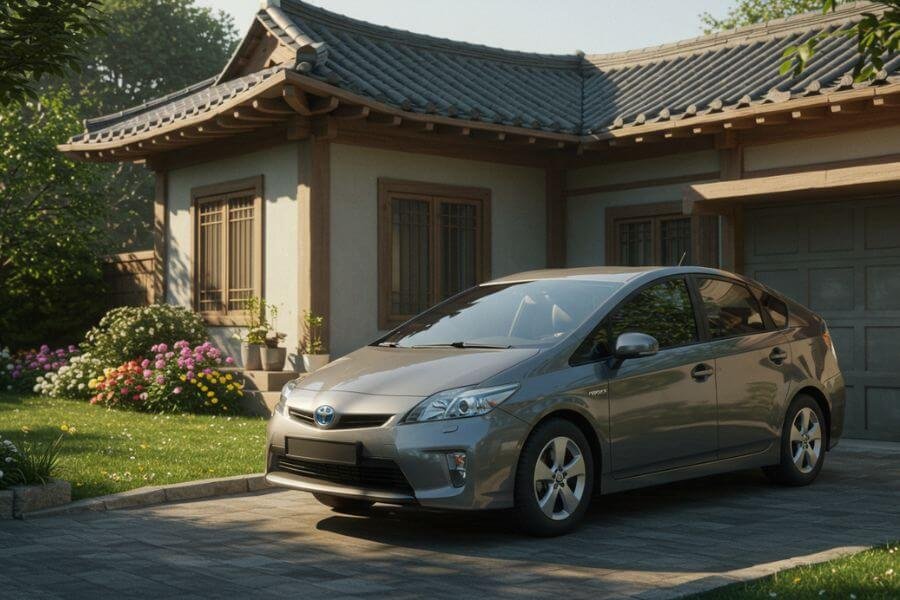
Toyota has long been associated with reliability, fuel efficiency, and long-term value. While it’s not as flashy as some of the European luxury brands or as dominant as the domestic giants, Toyota holds a respectable place in the hearts of South Korean consumers, especially among those seeking dependable vehicles for family use.
In 2025, Toyota’s hybrid models, particularly the Prius and RAV4 Hybrid, continue to perform well in the Korean market. These models are appreciated for their fuel savings, low maintenance costs, and environmental friendliness. Toyota has also been expanding its EV portfolio, with the bZ4X starting to gain momentum among urban drivers.
Toyota’s reputation for durability and ease of ownership makes it a go-to choice for many middle-class families and retirees looking for stress-free transportation.
9. Volvo
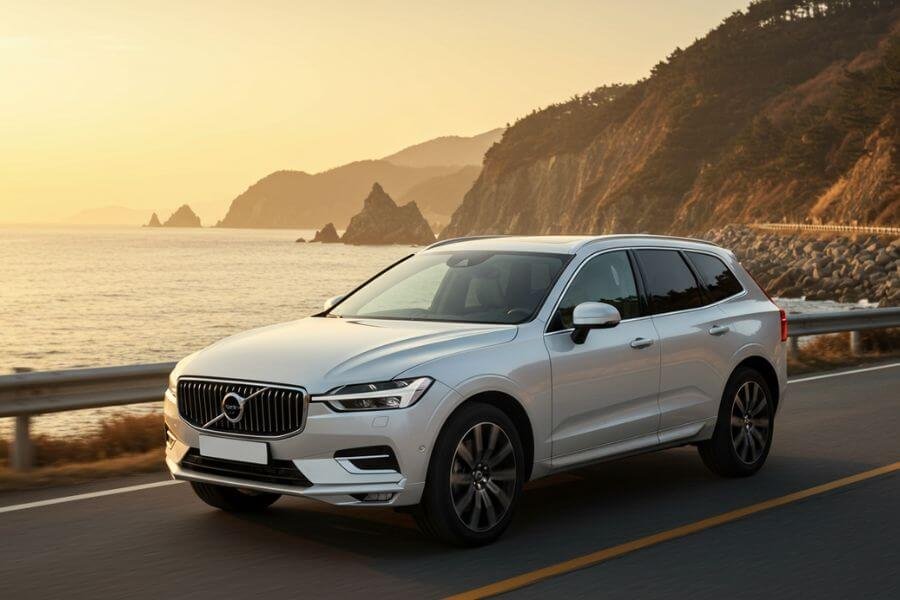
Volvo has carved out a unique niche in the South Korean automotive scene by focusing on what it does best: safety, minimalism, and Scandinavian style. South Korean consumers in 2025 are increasingly valuing safety features and sustainable materials—two areas where Volvo excels.
The XC60 and XC90 are two of the most popular models, offering a combination of space, luxury, and top-tier safety ratings. Volvo’s electric and plug-in hybrid offerings, like the XC40 Recharge, are also receiving praise for their practicality and clean design.
Volvo is often seen as a thinking person’s luxury car—subtle yet sophisticated, safe yet stylish. This quiet strength resonates well with South Korea’s growing demographic of professional women, young families, and older buyers who prioritize peace of mind over flashiness.
10. Chevrolet
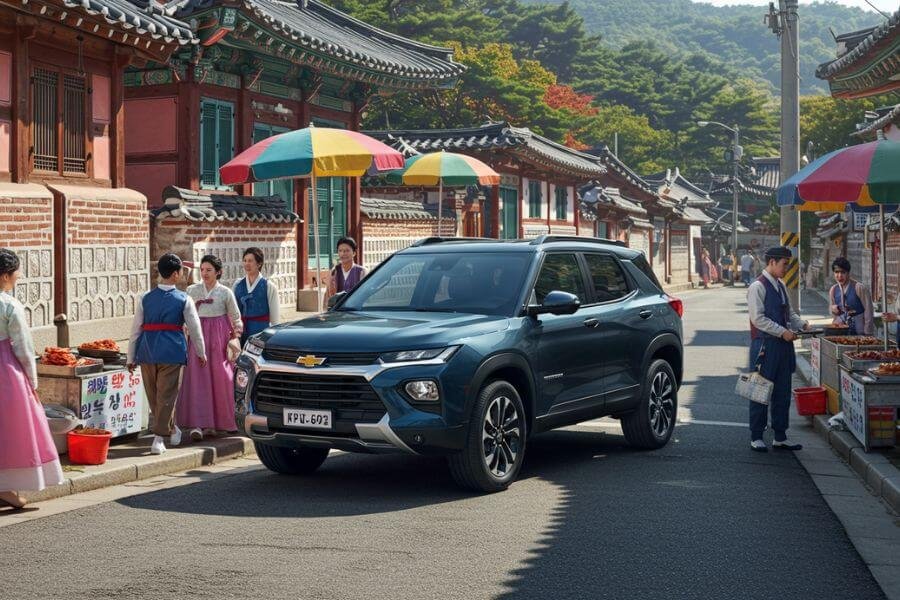
Rounding out the list is Chevrolet, which maintains a stable presence in the South Korean market thanks to its combination of affordability, practicality, and American design. Although it no longer manufactures cars locally, Chevrolet continues to appeal to a segment of the market that appreciates value-driven vehicles with a slightly different aesthetic from the dominant Asian and European brands.
In 2025, models like the Trailblazer and Spark remain popular among younger drivers and those looking for reliable city cars. Chevrolet also offers competitively priced SUVs and crossovers that appeal to budget-conscious families.
The brand’s availability of after-sales service, combined with decent safety and technology features, helps it stay relevant in a market that’s otherwise challenging for non-Korean automakers.
Bottom line
The South Korean car market in 2025 is a fascinating blend of tradition and innovation. Domestic brands like Hyundai, Kia, and Genesis continue to dominate thanks to their deep understanding of local preferences and robust investment in future mobility. At the same time, international brands—especially in the luxury and EV spaces—maintain a strong foothold, offering diverse options for consumers across different lifestyles and income brackets.
One of the most notable trends shaping the market is the widespread adoption of electric and hybrid vehicles. With government incentives, expanding charging infrastructure, and growing environmental awareness, EVs are quickly becoming the norm rather than the exception.
Whether you’re looking for a tech-savvy EV, a luxurious executive sedan, or a practical and reliable family vehicle, South Korea’s car market in 2025 has something to offer for everyone. The competition among brands continues to drive innovation and elevate the driving experience, making it an exciting time to be behind the wheel in one of Asia’s most advanced countries.
